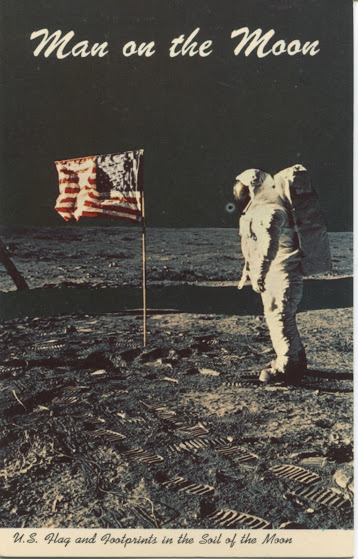"Genre" fiction still has to meet the standards of good writing: strong characters, a sense of place, and in a plot that makes you want to open the next chapter. When you reach the last page, there should be some form of satisfaction -- and if there's frustration too, that's got to fit with an expectation that developed while you were getting acquainted with the author's temperament and motives.
But genre fiction —in this case, crime fiction, mysteries, and thrillers — also has to meet more criteria, because readers understand them as "game rules." For example, the mystery can't be solved by a walk-on character saying "Oh, didn't I tell you, I saw my uncle buying that rifle?" As another example, crime fiction doesn't generally allow ghosts into the picture (unless you are reading Stuart Neville; yes, highly recommended but, as we say in New England, it's wicked dark).
These two books are classic genre fiction, but "deeper, stronger, better," because the authors bring a powerful motivation to shape your experience and have the well-honed skills to do it.
First, consider THE HOLLOW TREE by Philip Miller. Don't judge this by the cover, which looks a bit like a desert cactus in color shades speaking of Arizona ... the actual setting is a small gritty town in north England where crimes can linger unsolved for a generation and memories and resentments can reach even further.
With his second crime novel, Edinburgh author Philip Miller comes into his prime. The first sentence of THE HOLLOW TREE offers a perfect example of this book's engrossing pattern of laying out one truth, then pulling it back: "Shona Sanderson was going to a wedding. The day would end in death."
Sandison is an investigative journalist, now saddled with a permanent disability that forces her to maneuver with a supportive cane ("stick" in British) and leaves her always off balance. So does the case she tumbles into, as she witnesses the gory suicide of a wedding guest. Miller presses Shona into overwhelming conflict when what she witnessses threatens to destroy her valued friendship with the bride-to-be. An as a caustic, insightful, and probing person, Shona's got very few close friends. The more she pushed for answers to a set of hidden crimes, the more she risks devastating consequences to the people she treasures—and herself.
Reading THE HOLLOW TREE parallels eating a globe artichoke, leaf by leaf. Your teeth scrape the sweet richness at the bottom edge of each, but you can't reach the aromatic heart of the 'choke until you complete the disrobing. In a steady accretion of toxic loyalties and occult dangers, Shona exposes how a core of evil has infected the community across time and can shatter strong bonds of love. Shona's body can't always do what the circumstances demand. But her insistence on revelation becomes the core of Miller's demonstration that the texture and questioning of crime fiction create an ideal lens for the dobt, anger, and passion of our time.
Though it's also "genre" fiction and even published by the same firm (Soho Press under its Soho Crime imprint), Andromeda Romano-Lax's THE DEEPEST LAKE couldn't be more different. Revolving around an upscale writing retreat in Guatemala on the shores of Lake Atitlán, complete with a charismatic writing teacher known for unpleasant memoirs, the story quickly establishes a mode of threat, danger, and deceit. Alternating points of view in the present tense, although they may reflect different time periods, challenge readers to stay alert and pin the evidence together around the disappearance of Rose's grown daughter Jules. Rose's ex-husband already funded a conventional search for their daughter at the lake, and concluded she was dead. Rose pretty much believes that too, but can't leave the loose threads alone as she mourns and faces her own despair and helplessness.
Experienced thriller readers may see the fierce psychological darkness that Ruth Rendell instituted in British thrillers under her pen name Barbara Vine. These frightening books (best not read at bedtime) exposed the horrors a twisted psyche can impose on others. Because of how Romano-Lax plays out her various points of view, readers know what's going on and where the threats are coming from, long before Rose does — which can be frustrating. But it's also playing fair with the traditions of thrillers, which pin the reader into a form of helplessness like that of the victim or victims in the book.
Another parallel to this work, set on the American side of the ocean, is the Maine paranormal mystery series offered by John Connolly, where again it's the wickedness of some human hearts that drives the threats and harsh disasters of the fiction. Hat tip to Romano-Lax for probing a fresh setting at a time when Central America is becoming part of a prevailing US nightmare of difference and greed.






















